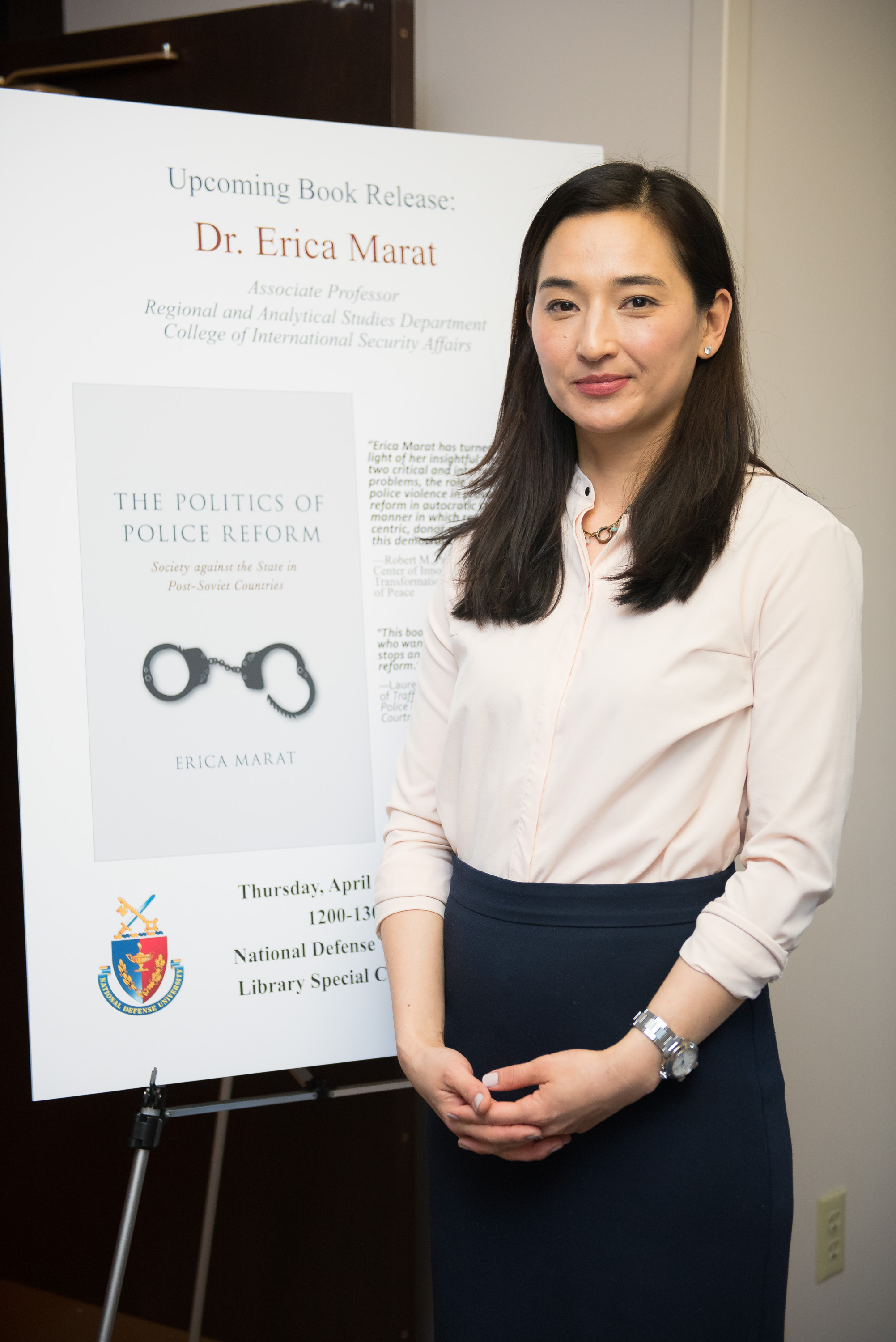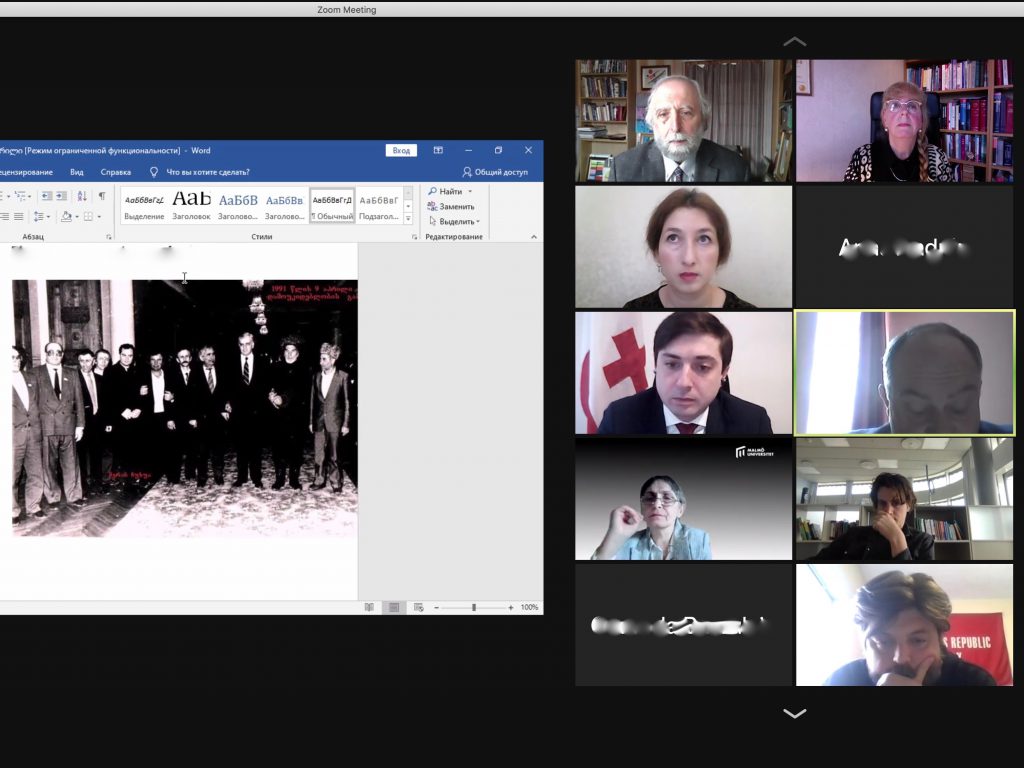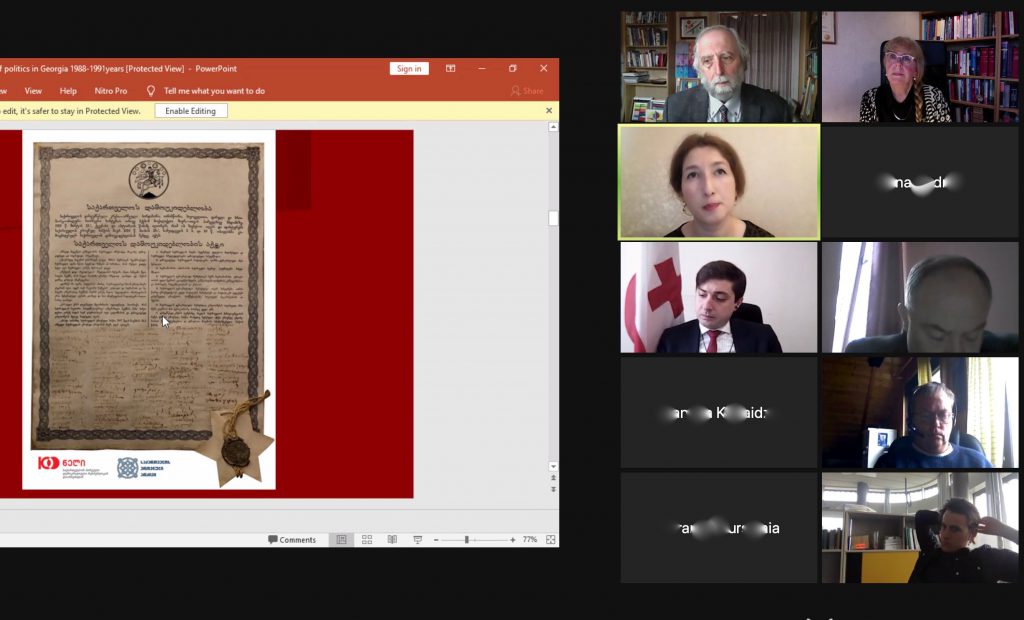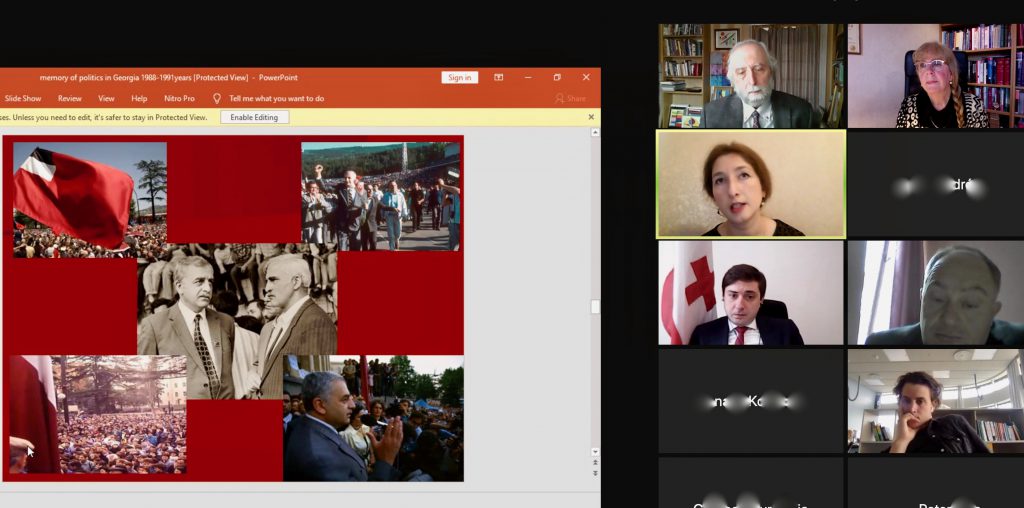 This panel was originally proposed to, and accepted by, the annual convention of the International Studies Association to be held in Las Vegas, April 6-9. As the convention for known reasons moved into a virtual mode, we decided to hold this panel outside of the formal ISA framework.
This panel was originally proposed to, and accepted by, the annual convention of the International Studies Association to be held in Las Vegas, April 6-9. As the convention for known reasons moved into a virtual mode, we decided to hold this panel outside of the formal ISA framework.
The panel provides a series of perspectives on the issue of succession in the post-Soviet states of Eurasia. The countries under consideration are similar to the extent that they are authoritarian, that (with the exception of Kyrgyzstan) they have been ruled for a long time by the same person, and that rules and practises of succession have not been tried and tested. The panel combines two more general papers with three case studies – the contrasting recent cases of Kazakhstan (Silvan) and Kyrgyzstan (Joraev), and the currently uncertain case of Russia (Petersson). Du Boulay’s paper examines how charismatic leaders have been succeeded, and how successors adopt charismatic regime features, in a number of cases. Smith considers the application of theoretical possibilities and models of succession to the Eurasian cases. Two political science concepts are key to the approach of the papers – the well established concept of legitimacy, and the more recently developed one of charismatic leadership. The contrasting successes and failures of managed succession are considered within cultural as well as institutional contexts. By considering outcomes as well as strategies, the panel thus seeks to go beyond dominant approaches which stick to institutional and realist explanations of succession.
Chair: Natia Gamkrelidze (Linnaeus University)
Papers:
Sofya du Boulay (Oxford Brookes University): The politics of post-charismatic succession and autocratic legitimation in the former Soviet space
Bo Petersson (Malmö University): Dealing with the Putin Predicament: Dilemmas of Political Succession in Russia
Jeremy Smith (Zayed University/University of Eastern Finland): Patterns of managed succession in Eurasia
Emilbek Dzhuraev (OSCE Academy in Bishkek): Caught in a (Vicious) Cycle? Informal and Formal Underpinnings of Leader Succession in Kyrgyzstan
Kristiina Silvan (University of Helsinki): All about legitimacy? Explaining the leadership succession in Kazakhstan
Discussant: Colleen Wood (Columbia University)
Tuesday, April 6, 3 pm – 5 pm CET
Welcome to join us at what promises to be a stimulating discussion of highly topical issues! The panel will convene by zoom.





 Limits of Commitment: Responses of Junior Allies to Hegemonic Entrapment
Limits of Commitment: Responses of Junior Allies to Hegemonic Entrapment Dr. Marat’s research focuses on violence, mobilization and security institutions in Eurasia, India, and Mexico. During our seminar, she will present her book – The Politics of Police Reform: Society against the State in Post-Soviet Countries. What does it take to reform a post-Soviet police force? Across the region, the countries inherited remarkably similar police forces with identical structures, chains of command, and politicized relationships with the political elite. Centralized in control but decentralized in their reach, the police remain one of the least reformed post-communist institutions. As a powerful state organ, the Soviet-style militarized police have resisted change despite democratic transformations in the overall political context, including rounds of competitive elections and growing civil society. This book explores the conditions in which a meaningful transformation of the police is likely to succeed and when it will fail. Based on the analysis of five post-Soviet countries (Ukraine, Georgia, Kyrgyzstan, Kazakhstan, and Tajikistan) that have officially embarked on police reform efforts, the book examines various pathways to transforming how the state relates to society through policing. It develops a new understanding of both police and police reform. Departing from the conventional interpretation of the police as merely an institution of coercion, this study defines it as a medium for state-society consensus on the limits of the state’s legitimate use of violence. Police are, according to a common Russian saying, a “mirror of society”—serving as a counterweight to its complexity. Police reform, in turn, is a process of consensus-building on the rationale of the use of violence through discussions, debates, media, and advocacy.
Dr. Marat’s research focuses on violence, mobilization and security institutions in Eurasia, India, and Mexico. During our seminar, she will present her book – The Politics of Police Reform: Society against the State in Post-Soviet Countries. What does it take to reform a post-Soviet police force? Across the region, the countries inherited remarkably similar police forces with identical structures, chains of command, and politicized relationships with the political elite. Centralized in control but decentralized in their reach, the police remain one of the least reformed post-communist institutions. As a powerful state organ, the Soviet-style militarized police have resisted change despite democratic transformations in the overall political context, including rounds of competitive elections and growing civil society. This book explores the conditions in which a meaningful transformation of the police is likely to succeed and when it will fail. Based on the analysis of five post-Soviet countries (Ukraine, Georgia, Kyrgyzstan, Kazakhstan, and Tajikistan) that have officially embarked on police reform efforts, the book examines various pathways to transforming how the state relates to society through policing. It develops a new understanding of both police and police reform. Departing from the conventional interpretation of the police as merely an institution of coercion, this study defines it as a medium for state-society consensus on the limits of the state’s legitimate use of violence. Police are, according to a common Russian saying, a “mirror of society”—serving as a counterweight to its complexity. Police reform, in turn, is a process of consensus-building on the rationale of the use of violence through discussions, debates, media, and advocacy.


 This panel was originally proposed to, and accepted by, the annual convention of the International Studies Association to be held in Las Vegas, April 6-9. As the convention for known reasons moved into a virtual mode, we decided to hold this panel outside of the formal ISA framework.
This panel was originally proposed to, and accepted by, the annual convention of the International Studies Association to be held in Las Vegas, April 6-9. As the convention for known reasons moved into a virtual mode, we decided to hold this panel outside of the formal ISA framework.
 Dr. Peter Eltsov, Associate Professor of International Security Affairs at the College of International Security Affairs, National Defense University (Washington), presents his recent book The Long Telegram 2.0: A Neo-Kennanite Approach to Russia. When: April 12, 4-6 pm (zoom, CET)
Dr. Peter Eltsov, Associate Professor of International Security Affairs at the College of International Security Affairs, National Defense University (Washington), presents his recent book The Long Telegram 2.0: A Neo-Kennanite Approach to Russia. When: April 12, 4-6 pm (zoom, CET)
 Welcome to the RUCARR zoom seminar on February 9, 15.15.
Welcome to the RUCARR zoom seminar on February 9, 15.15. RUCARR is inviting to the Zoom-webinar taking place on December 8th at 18:00 (CET) / 12 pm (EST) / 9 am (PST). The webinar is dedicated to the Nagorno-Karabakh conflict.
RUCARR is inviting to the Zoom-webinar taking place on December 8th at 18:00 (CET) / 12 pm (EST) / 9 am (PST). The webinar is dedicated to the Nagorno-Karabakh conflict.